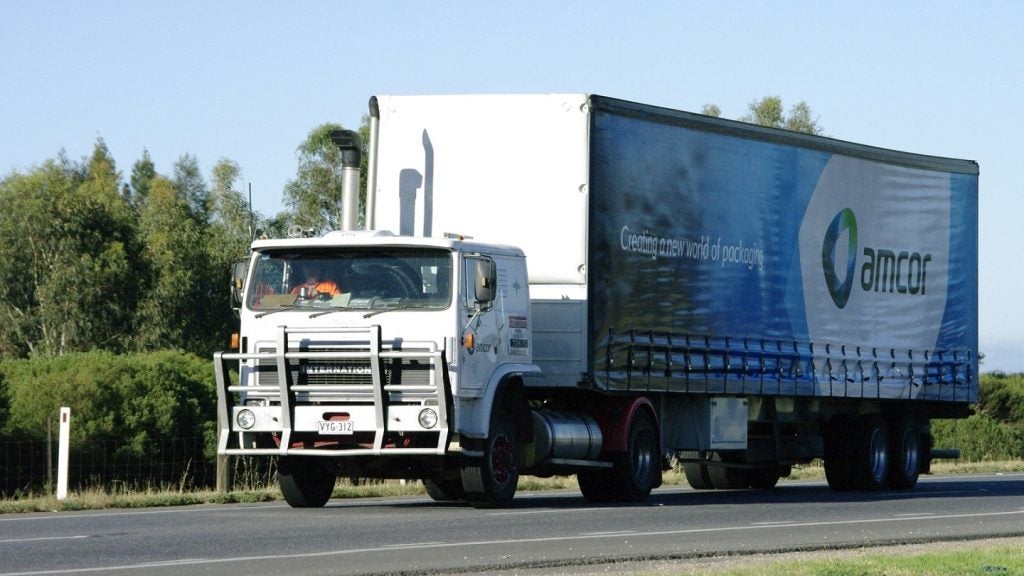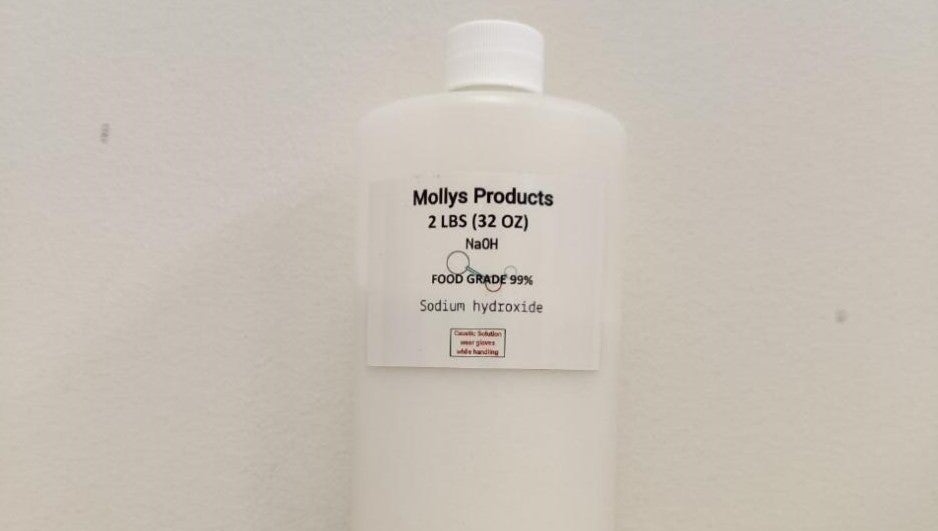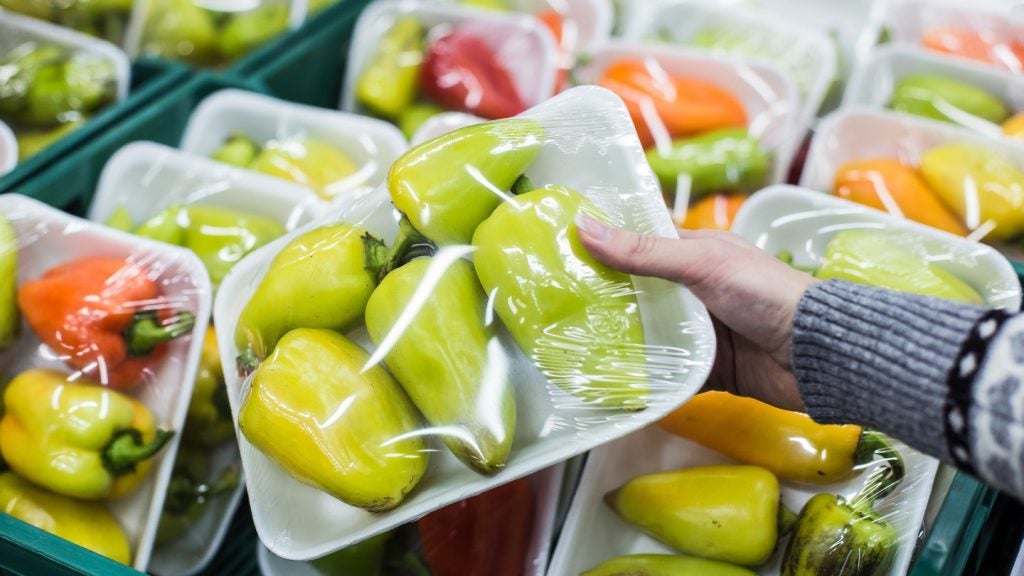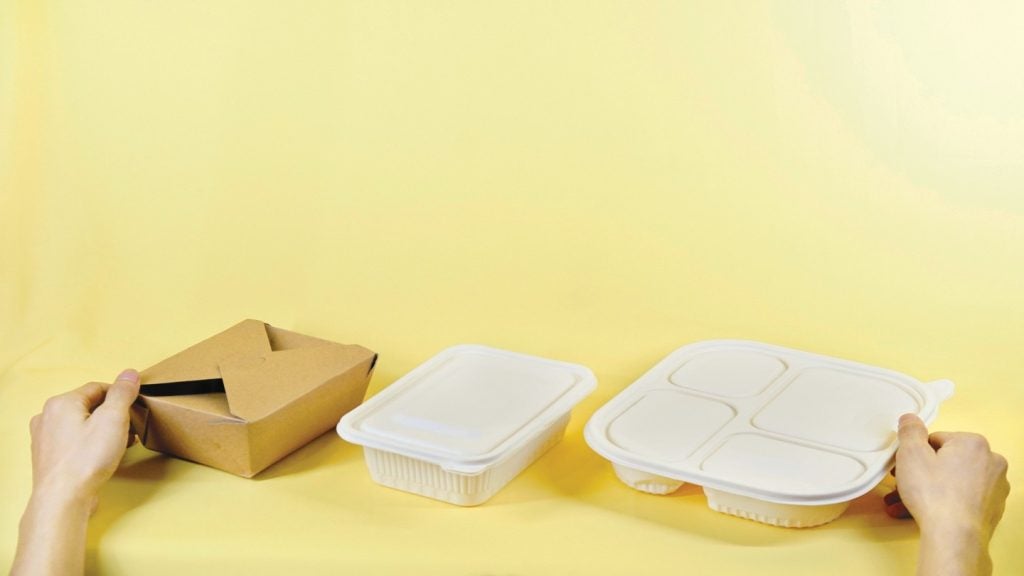Behind the scenes, modern packaging machinery is quietly revolutionising the way products are wrapped, sealed, and labelled. These innovations not only boost efficiency but also contribute to sustainability efforts and enhance product safety.
One of the most significant advancements in packaging machinery is the widespread adoption of automation.
From filling and sealing to labelling and quality control, machines are becoming increasingly capable of performing tasks with minimal human intervention. This not only speeds up production but also reduces the risk of errors.
Automated packaging systems are equipped with sensors and cameras that can detect defects or inconsistencies in real-time.
This ensures that only products meeting quality standards make it to the market, reducing waste and recalls. Additionally, automation can significantly cut down on labour costs, making it a cost-effective choice for many manufacturers.
Sustainability in packaging
As the world becomes more environmentally conscious, packaging machinery is evolving to support sustainable practices. This includes the development of machines that can handle eco-friendly packaging materials like biodegradable plastics and recyclable materials.
These machines are designed to minimise material waste and energy consumption, aligning with global efforts to reduce the environmental footprint of packaging.
Moreover, advanced machinery is being equipped with innovative features like intelligent dosing systems. These systems can precisely measure and dispense the required amount of packaging material, reducing excess waste and ensuring that resources are used efficiently.
Enhanced product safety
Packaging machinery has also made significant strides in ensuring product safety. For instance, advanced packaging equipment is now equipped with enhanced tamper-evident and anti-counterfeit features.
These features not only protect the integrity of products but also enhance consumer trust.
Moreover, machines equipped with quality control cameras can spot contaminants or foreign objects in packaging materials, preventing potential health hazards.
This level of precision in quality control is invaluable, particularly in industries where safety is paramount, such as food and pharmaceuticals.
Smart packaging machinery
The rise of the Internet of Things (IoT) has given birth to smart packaging machinery. These machines are connected to a network, allowing real-time monitoring and control from anywhere in the world.
This connectivity enables manufacturers to track production progress, receive alerts about maintenance needs, and optimise operations remotely.
Furthermore, smart packaging machinery can gather data on production efficiency, allowing manufacturers to identify bottlenecks and inefficiencies in real-time.
This data-driven approach enables companies to make informed decisions that can lead to cost savings and improved productivity.
Adaptability to diverse products
Today's consumers have diverse preferences, and packaging must adapt accordingly. Advanced machinery can handle a wide range of product sizes, shapes, and packaging formats.
This versatility is essential for manufacturers who produce a variety of goods, from snacks and beverages to electronics and cosmetics.
Some packaging machines are even equipped with quick-changeover features, allowing manufacturers to switch between different packaging formats with minimal downtime. This flexibility enables businesses to respond rapidly to changing market demands.
Embracing innovation
The packaging industry is evolving at a remarkable pace, thanks to cutting-edge machinery. Automation, sustainability, product safety, smart technology, and adaptability are all contributing to a packaging revolution.
These innovations not only streamline production processes but also support eco-friendly practices and ensure the safety of the products we consume.
As the packaging industry continues to advance, manufacturers and professionals in the field can look forward to even more exciting developments that will further redefine the way we package and protect products for generations to come.
Embracing these innovations is not only a business necessity but also a commitment to a more sustainable and consumer-centric future.















